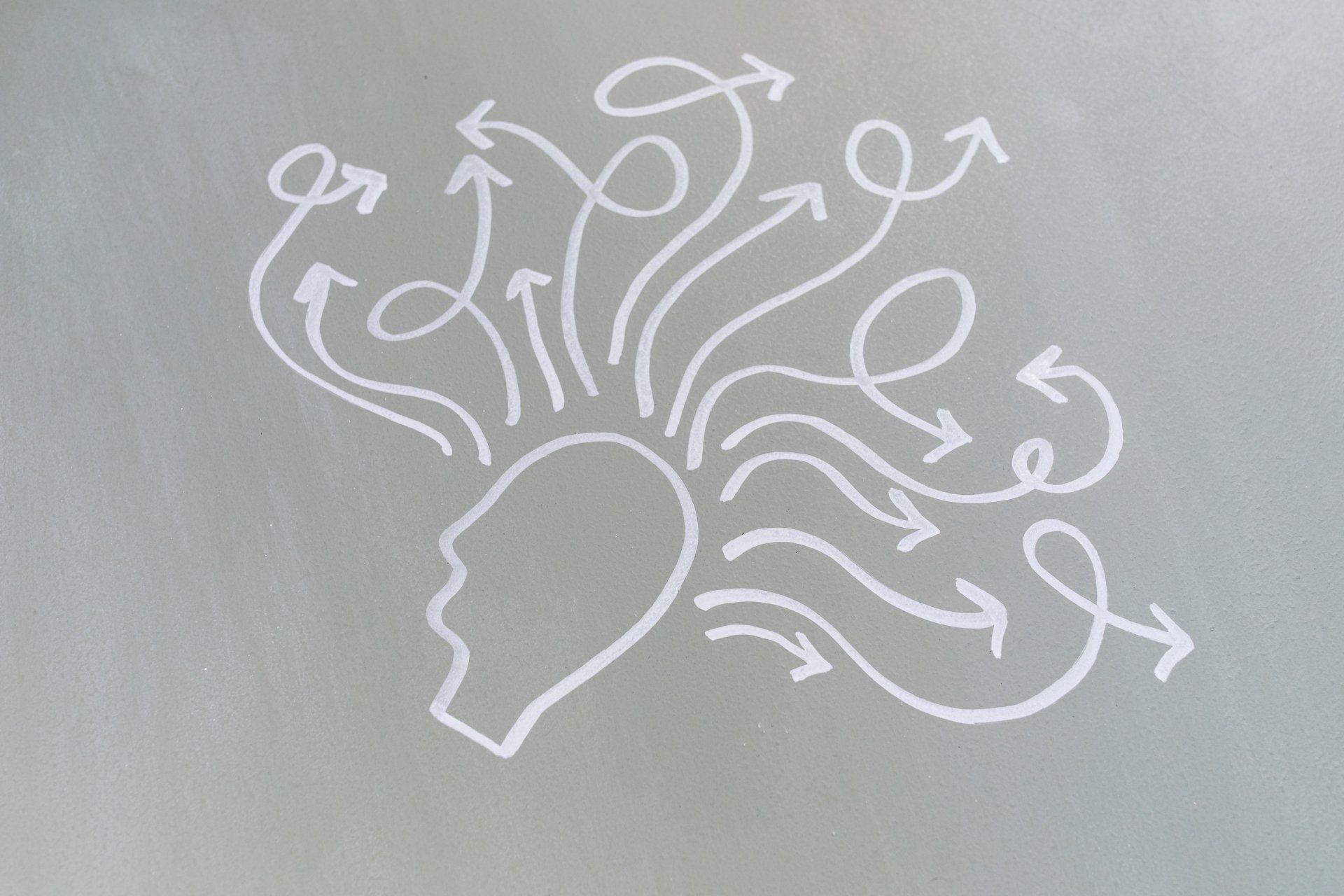Exploring Neurofeedback for Depression: A Path Towards Brighter Days
Depression can feel like an overwhelming cloud, affecting every part of life. It can impact your energy, focus, sleep, and well-being. For many Canadians seeking effective ways to manage their symptoms, neurofeedback for depression is emerging as a compelling option. This innovative approach focuses on helping your brain learn to regulate itself, potentially leading to lasting mood and mental clarity improvements.
Understanding Neurofeedback for Depression: What Is It?
Neurofeedback, sometimes called EEG biofeedback, is a non-invasive process that helps individuals learn to modify their brainwave patterns. Think of it as a workout for your brain! When it comes to neurofeedback for depression, the aim is to help balance the brain activity that may be associated with depressive symptoms.
Small sensors are gently placed on your scalp during a session to monitor your brain's electrical activity in real time. This information is then displayed on a screen through visual or auditory cues, such as a video game, movie, television show, or music. As your brain produces more desirable brainwave patterns, your brain is positively reinforced with the game or music, providing immediate feedback. Over time, your brain may learn to self-regulate more effectively, potentially reducing symptoms of depression.
How Can Neurofeedback Help with Depression?
The brain plays a significant role in mood regulation. Research suggests that imbalances in specific brainwave frequencies or communication patterns between different brain regions can contribute to the experience of depression. Neurofeedback for depression aims to address these underlying patterns.
Here's how it may work:
- Targeting Brainwave Imbalances: Some studies suggest that individuals experiencing depression may have an imbalance of specific brainwave frequencies. For instance, in particular areas, there might be an imbalance of alpha brain wave activity in prefrontal areas. Neurofeedback therapy can be tailored to encourage your brain to produce more balanced patterns.
- Enhancing Self-Regulation: Through consistent training, neurofeedback for depression can help your brain learn to maintain a more balanced state. This improved self-regulation might contribute to better mood stability, reduced negative thinking, and increased emotional resilience.
- Supporting Neural Plasticity: Your brain has a fantastic ability to change and adapt, a concept known as neuroplasticity. Neurofeedback leverages this natural ability, providing your brain with the information it needs to create new, healthier neural pathways.
What to Expect During a Neurofeedback Session
If you're considering neurofeedback for depression, you might be curious about what a session entails. Here's a general idea of what you can expect at Neuropotential Clinics:
- Initial Assessment: Your journey will likely begin with a comprehensive assessment, which may include a QEEG (Quantitative Electroencephalogram) brain map. This helps our team understand your unique brainwave patterns and tailor a personalized neurofeedback protocol for your needs.
- Comfortable Setting: During your sessions, you'll be comfortably seated in a relaxed environment. Electrodes will be applied to your scalp with dry electrode technology; this is a painless process that allows us to read your brainwave activity.
- Real-Time Feedback: You'll engage with a computer program as your brain activity is monitored. You might watch a video, play a simple game, or listen to music. The visual or auditory feedback will respond instantly to your brainwave patterns. For example, if your brain produces the desired activity, the video might become clearer or the music might play louder.
- Learning and Reinforcement: This immediate feedback helps your brain learn which states are more beneficial. Over repeated sessions, your brain is encouraged to adopt these healthier patterns, reinforcing the positive changes naturally.
Sessions typically last around 50 minutes. The number of sessions recommended can vary depending on your individual needs and how your brain responds to the training. Many individuals begin to notice changes after 8-12 sessions, but consistent engagement is often key to seeing lasting improvements. Most training plans can be between.
Is Neurofeedback for Depression Right for You?
Neurofeedback for depression can be a valuable option for many Canadians. It's a non-pharmacological approach, which doesn't involve medication, making it a suitable choice for those who prefer alternative treatments or wish to complement existing therapies.
It's important to remember that neurofeedback is not a cure but an evidence-based approach that helps your brain learn to regulate itself more effectively. It may be considered an adjunctive therapy, meaning it can be used alongside other treatments like psychotherapy or medication.
At Neuropotential Clinics, our goal is to help you explore whether neurofeedback for depression could be helpful in your path to feeling better. We strive to help our clients improve their symptoms and work towards reaching their brain's potential.
The Potential for Lasting Change
One of the exciting aspects of neurofeedback for depression is its potential for long-lasting effects. Training your brain to self-regulate aims to create sustainable changes in brainwave patterns that can continue to benefit you long after your sessions are complete. This can translate into a more consistent positive mood, improved sleep, better concentration, and an enhanced overall quality of life.
If you've been struggling with the impact of depression and are seeking innovative ways to support your mental well-being, exploring neurofeedback for depression could be a meaningful next step. We invite you to connect with Neuropotential Clinics to learn more about how this approach might help you. Our team is here to answer your questions and guide you towards a brighter, more resilient you.
Neurofeedback for depression is a promising avenue for many individuals in Canada looking for effective ways to manage their mental health.











